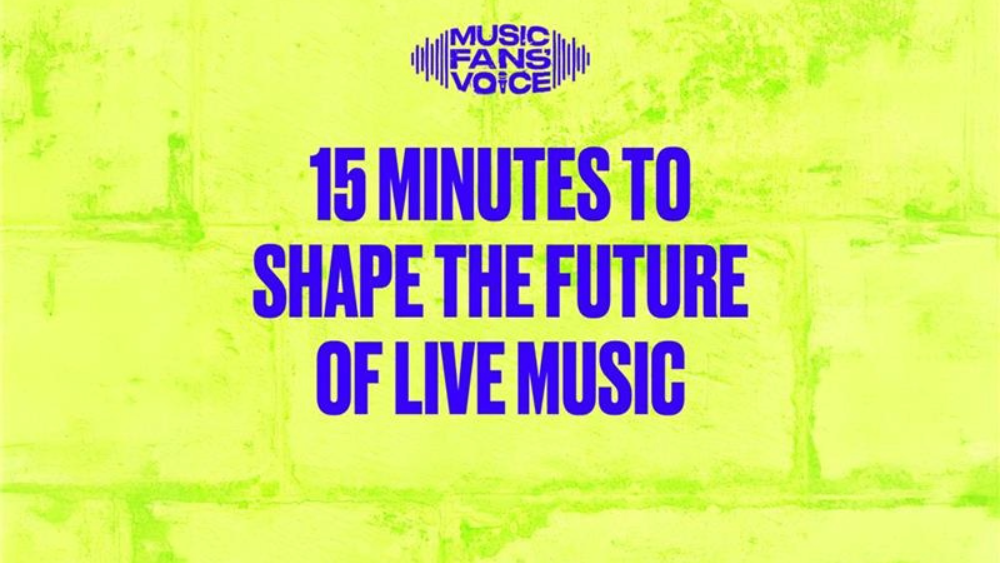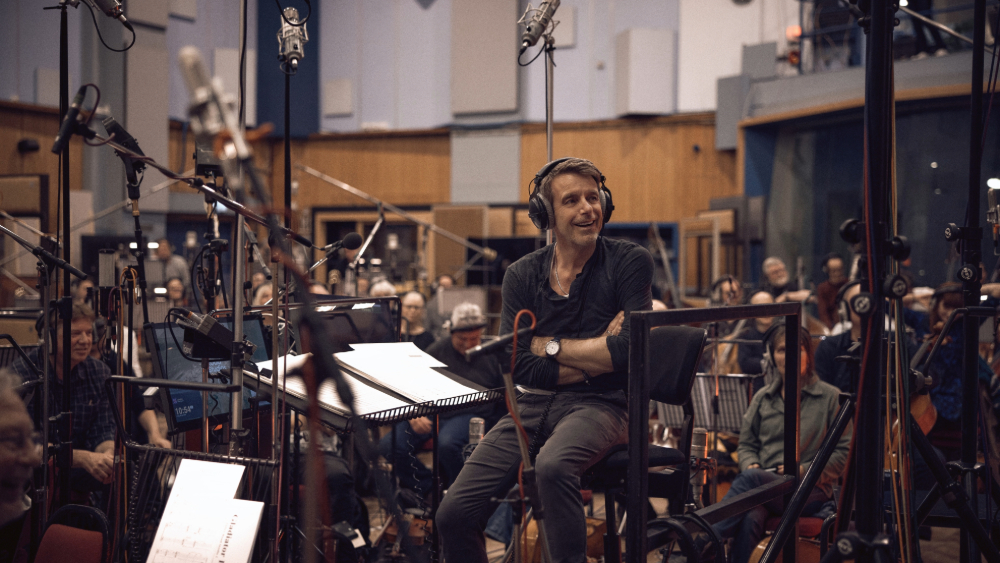On 19 February 1985, TV screens across the UK broadcast the very first episode of EastEnders. 40 years of drama, twists and Mitchells later, and the BBC soap opera staple is still going strong. To mark the milestone, M sat down with composer Simon May — whose TV credits also include Howard's Way, Eldorado and Castaway — to hear about how he wrote EastEnders' instantly recognisable theme music.
'I never thought 40 years ago when I was writing the EastEnders theme that because of the programme and its success, the theme itself would become as well-known as it has been. Obviously that's something I'm very proud and happy about.
'The whole creation of the EastEnders theme was a very interesting process, because the first theme I wrote came [about] after I'd been to the BBC to meet [the show's creators] Julia Smith and Tony Holland. They showed me the set and photos of the characters, giving me a very strong impression that EastEnders was going to be an unusually edgy programme.
'So my first attempt at the EastEnders theme was a reflection of that brief: I created a much edgier, atmospheric and dark theme than the theme we know now. I took it to [the BBC], and when I started playing it to them on my Walkman I could see from the glazed expressions on their faces that they were not happy! Julia said, "Simon that's exactly the opposite of what we want." I said, "Great, Julia: that's such a good brief, because I will now do exactly the opposite of what I brought you."
'My first attempt at the EastEnders theme was much edgier, more atmospheric and darker than it is now.'
'I think it was Julia who said that they wanted something that contrasted with the darkness and edginess of EastEnders. "We want a theme that's memorable, that brings people in from the garden or the kitchen when they hear it on telly," she added. I then knew that I was on home territory, because I like to think that one of my strengths as a composer is writing strong melodies.
'So I took one of my favourite chord sequences that I knew was tried and tested — there are only so many chord sequences that work in a pop song or a piece of music like this — and I put that on top of a drum feel that was contemporary at the time. Something I always do when I'm writing a theme is have a backing track, and then I just let my right hand go for a walk on the piano. There's a correlation between what my fingers are doing and what my brain is thinking is working. I can remember very, very clearly that I started just going up the scale, which was [the] pretty obvious [thing to do]. Then something that really pleased me was the second thing, where if you're going to the chord of G you would expect the melody to go on a D, B or a G. However, I hit the C by mistake — but realised, "Hey, that's a great passing note." I think that's possibly one of the reasons why the theme is stronger than it would have been had I followed the chords.
'One thing that absolutely thrilled me when EastEnders first came out was going for a walk and then passing a building site, where the guys working there would be whistling the EastEnders melody. Or I'd go to the supermarket, and the girls on the till were humming or singing the theme. I think in a way that's what helped make the identity of the show — the show in itself is obviously fantastic, but then the theme should service the programme.
'Nearly every songwriter or composer would agree that some of the best things they've written have been mistakes, or unintended. The whole "doof-doof" drum fill in the EastEnders theme was neither planned or intended.
'Even now when I'm writing a TV theme, I write the long version [first]. That's for two reasons: one is commercial, in that the theme can then have its own long version that's released as a single, and two because that gives me as a composer much more freedom. You can turn a novel into a novelette, but you can't do it the other way around. You can't write a 30-second theme and then expand it as easily as you can write a three-minute version [first] and then take the best of it.
'So in that context, I initially wrote a three-minute theme for EastEnders with an opening section which is basically what [plays during the] opening titles. I knew I was going to end it with what could be the music for the end titles, but I also wanted to have a bit of fun in the middle [of the piece]. So as a diversion, I created a good old-fashioned cockney, Winifred Atwell / Ross Conway-style [drum section], which was a complete contrast with the drum fill in the main titles.
'Nearly every songwriter or composer would agree that some of the best things they've written have been mistakes, or unintended.'
'But I then realised that after that middle section I had to get back to the end titles, and therefore the same meter, tempo and feel as the main theme. The only way I could think of doing that was by smoke and mirrors. So I said to Graham Broad, an amazing drummer on the session, that "what we need is a distraction for a whole bar — can you create a lovely drum fill that reflects the EastEnders melody?" That distraction, if you will, merged the middle section into the end titles.
'What was so lucky — and it was an accident! — was Julia Smith and Tony Holland later came into the studio just as my engineer was mixing the "doof-doof" tom fill, and that's all they could hear. They asked me, "Is that going in the end titles? How very clever of you!" I said, "... Oh, yeah! Yeah, that's going to be the opening of the end titles..." Which, of course, I hadn't intended! But it was a beautiful accident, and it's stayed with us all, hasn't it, for a long time.
'I'm not ashamed to say I'm proud of EastEnders. I never, ever thought it would be as well-known and lasting as it has been. That's not [solely] because of the theme music, but it's because EastEnders has remained a beautifully written, well-produced and well acted, directed and edited show.'





